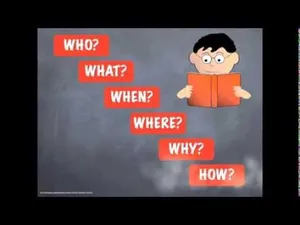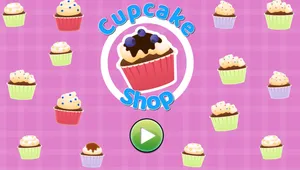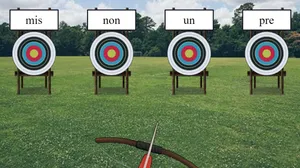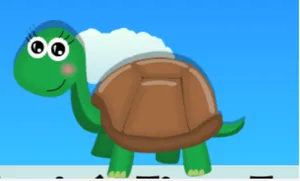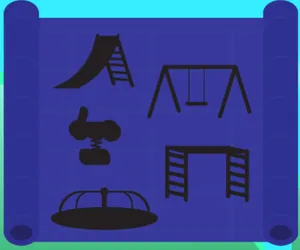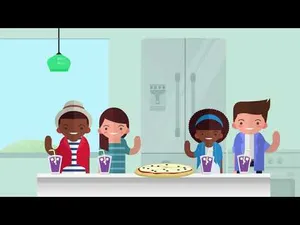Math Activities and Teaching Resources for 1st Grade
First graders can do way more than just count by the end of the year, they can add and subtract in their heads, put two triangles together to make a square, and even tell you (give or take an hour) what time it is.
First grade math standards throughout the country build on early number sense work, addition and subtraction with small numbers, place value understanding, simple measurement and time, and spatial reasoning, to lay a strong foundation for more complex work in years to come.
Enjoy this sampling of instructional videos, games, number sense, and fluency activities for your 1st grade classroom!
Some of the skills students will master in eSpark include:
Operations and Algebraic Thinking
- Fluently add and subtract within 10, add and subtract within 20 with various strategies.
- Solve word problems featuring addition and subtraction within 20.
- Apply properties of operations as strategies to add and subtract.
- Understand subtraction as an unknown-addend problem.
- Relate counting to addition and subtraction.
- Understand the meaning of the equal sign.
- Determine the unknown whole number in an addition or subtraction equation.
Number and Operations in Base Ten
- Understand that the two digits of a 2-digit number represent tens and ones.
- Add 2-digit numbers within 100 using place value and concrete-representational-abstract methodology.
- Mentally add or subtract ten without having to count.
- Compare numbers and learn how to use the <, >, and = signs.
Measurement and Data
- Order three objects by length.
- Express the length of an object as a whole number of length units.
- Tell and write time to the nearest half-hour using analog and digital clocks.
- Organize, represent, and interpret data with up to three categories.
Geometry
- Distinguish between defining attributes vs. non-defining attributes of shapes.
- Build and draw shapes with various attributes.
- Compose two-dimensional (2D) or three-dimensional (3D) shapes to create a composite shape.
- Partition circles and rectangles into halves, and quarters; describe the whole as a composition of shares.
eSpark is truly unique in the world of online learning. Our holistic, student-centered approach blends the proven benefits of play-based learning with systematic, explicit, and direct instruction. It’s proof that learning can be fun, personalized, and effective, all at once!
eSpark meets the criteria for evidence-based interventions under ESSA guidelines, and has been proven in multiple studies to improve student performance in math and reading.
When you sign up for an eSpark account, your students experience these activities via adaptive, differentiated independent pathways and teacher-driven small group assignments. Teachers also have access to detailed usage and progress reports with valuable insights into standards mastery, student growth trends, and intervention opportunities.
With the addition of the game-changing Choice Texts for the 2023-2024 school year, eSpark has cemented its status as the most loved supplemental instruction option for students and teachers alike. Claim your free account today and see the difference for yourself!
